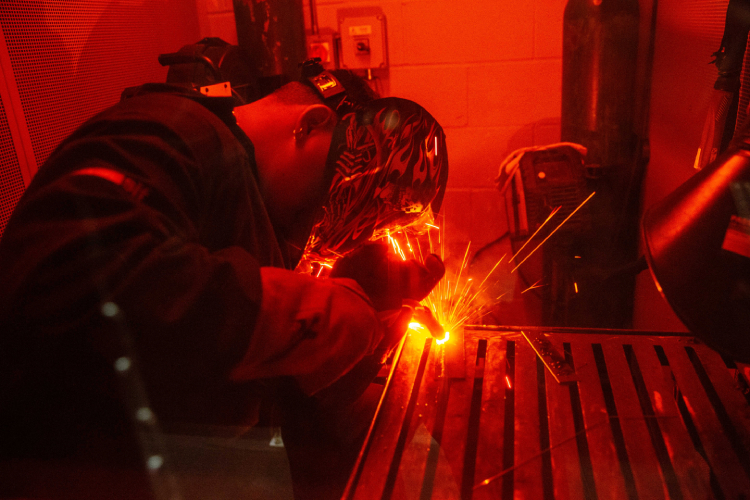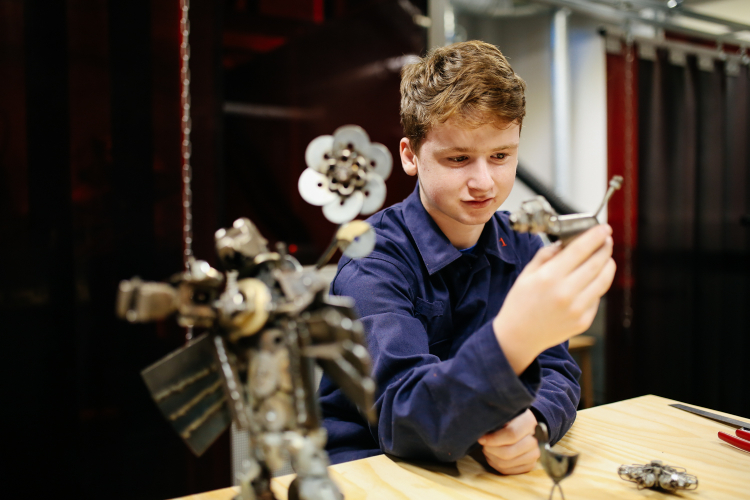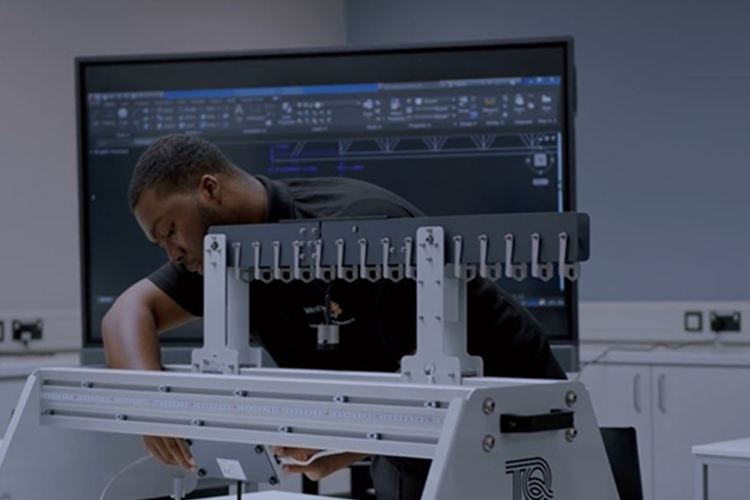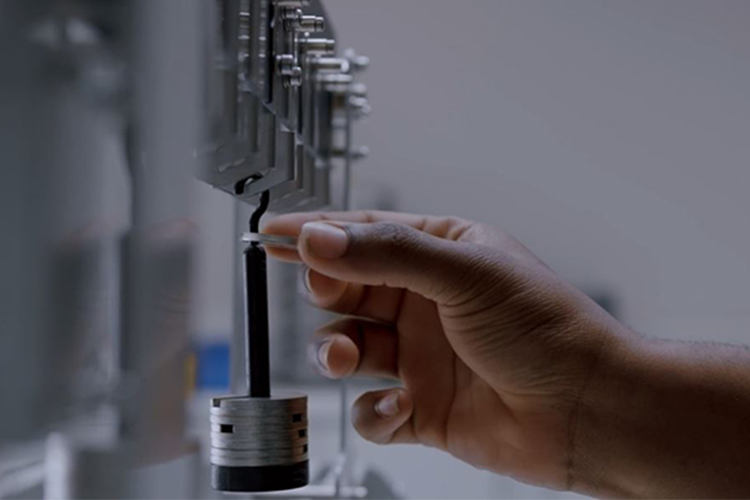This course is perfect for the next generation of engineers with sky-high ambitions. You will cover key skills and knowledge around the general principles and concepts in aeronautical engineering including design, maintenance and project management.
- Entry Criteria
4 GCSEs (9-4) including English Language, Maths and Science, or a relevant Level 2 and Maths
- What will I study?
Engineering Principles: Discover the foundational concepts that underpin all branches of engineering, from mechanics and materials to systems thinking and sustainability.
Aircraft Flight Principles and Practice: Explore the science of flight, including aerodynamics, stability, and real-world aviation applications.
Microcontroller Systems for Engineers: Learn about the design, programming, and integration of microcontroller-based systems that power everything from consumer electronics to aerospace technologies.
Further Engineering Maths: Build on core mathematical skills with advanced techniques tailored for engineering problem-solving.
Computer Aided Design: Master the tools and techniques of 2D and 3D CAD software to create precise engineering drawings and digital prototypes used in modern design workflows.
Electronic Devices and Circuits: Delve into the operation and design of electronic components and circuits, from diodes and transistors to amplifiers and digital logic systems.
Mechanical Behaviour of Non-Metallic Materials: Investigate how polymers, ceramics, and composites respond to mechanical forces, and how their properties influence engineering design and performance.
Aircraft Gas Turbine Engines: Study the inner workings of jet engines, including thermodynamics, component design, and performance analysis of turbines used in modern aircraft.
- Aircraft Propulsion Systems: Examine the full range of propulsion technologies, from traditional jet engines to emerging hybrid and electric systems shaping the future of aviation.
- Future Prospects
Study for one year full-time to progress on to Level 3 engineering or construction management pathways, alternatively you may wish to progress to an apprenticeship.



